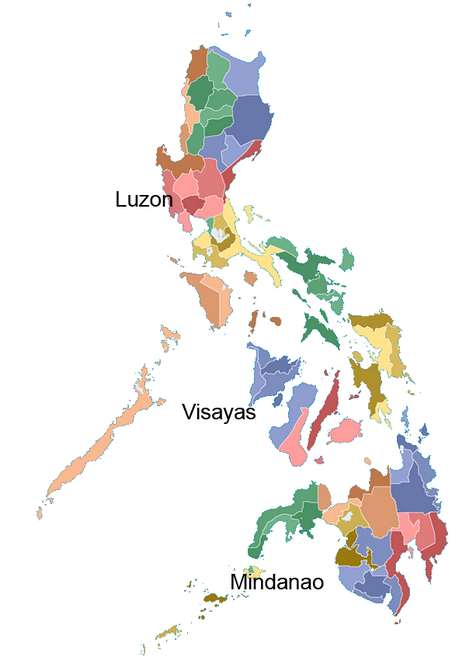
Background:
As the economy restarted and collections bounced back to pre-pandemic levels, it is critical to continue building the capacities of the microfinance providers to further strengthen their operational resiliency. The future of the pandemic remains uncertain and the MFIs must adapt to the new ways of doing business. Credit bureaus are invaluable partners of MFIs in facilitating credit to the microborrowers. They increase access to credit by effectively reducing information asymmetry between borrowers and lenders. Despite the limited credit history and absence of income documents, the credit information act as “reputational collateral” and permit the flow of credit to low- income borrowers that would have otherwise been rejected by other formal creditors such as banks. The role credit bureaus play becomes even more significant during the pandemic because it provides relevant information covering the current and pre-pandemic payment behavior of borrowers. Despite having microfinance as one of their key financial services, several DMCs still lack a proper credit reporting system. MFIs create their respective databases and conduct their own surveys to collect relevant credit information about its target borrowers. This exercise is not only costly but restrictive as well. With only limited information, MFIs may become very selective by lending to existing clients only, excluding any new but high- quality borrowers. The available data may not also paint an accurate picture about the entire indebtedness of the borrowers. After getting its first loan, a borrower may already be served by multiple microfinance providers without the original lender knowing. In addition, it does not enforce collection because borrowers may have the tendency to repay loans only when they plan to maintain their current lending relationship. Meanwhile, other microfinance credit bureaus such as in the Philippines and Indonesia, are still in the nascent stage. Their scope and functionalities are limited. With low market coverage, data collection is still not as efficient and credit data is not as consistent. Aside from the technological constraints, issues such as errors in data entry by staff, incompleteness & untimely submission of data, absence of credit risk models, and inadequate data security, are present. Hence, credit bureaus must be supported to ensure efficient data collection, accurate processing of information, timely reporting, and proper allocation of credit by MFIs.
Objectives The aim of the Microfinance Program (MFP) is to sustain and increase the flow of wholesale finance by PFIs so that selected microfinance providers can continue their on-lending operations and meet the financial needs of low-income populations. The MFP helps fill the microfinance gap by: (a) increasing the PFIs’ risk tolerance in terms of taking exposure on microfinance providers through partial risk-cover/guarantees and (b) limiting ADB’s recourse to the MFIs (and not the PFIs), which helps ensure sound credit selection, well-targeted utilization of funds, and consistent adherence to ADB’s standards on governance and reporting. |
- Minimum of 4 years’ experience in IT, data analytics, and business process development
- Conducted at least a total of 3 trainings on credit reporting systems, data management & analytics, and business process development in the initial identified project country.
- In-depth understanding of financial sector, microfinance, and credit bureaus in ADB’s DMCs.
- Ideally, with consultancy experience in microfinance in at least one multilateral organization, especially in the application of policies and procedures for social development.
- Excellent in English, written and oral communication
Note: The detailed Terms of Reference (ToR) for this project is not yet published, thus the requirements, tasks, timing, and other related details may change.
15 person-months
Please upload your latest CV here. Only shortlisted candidates will be contacted.
